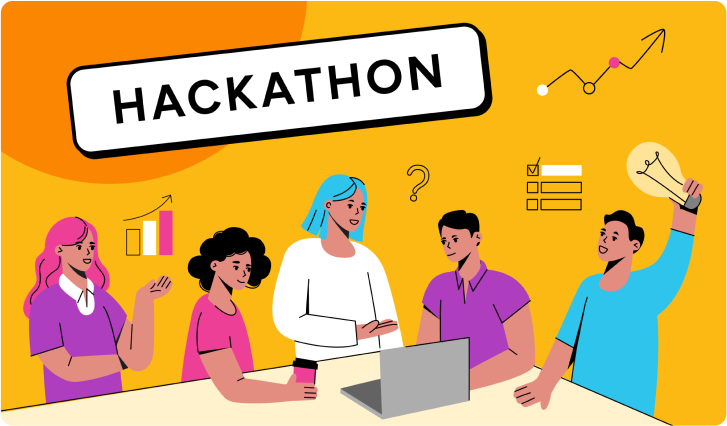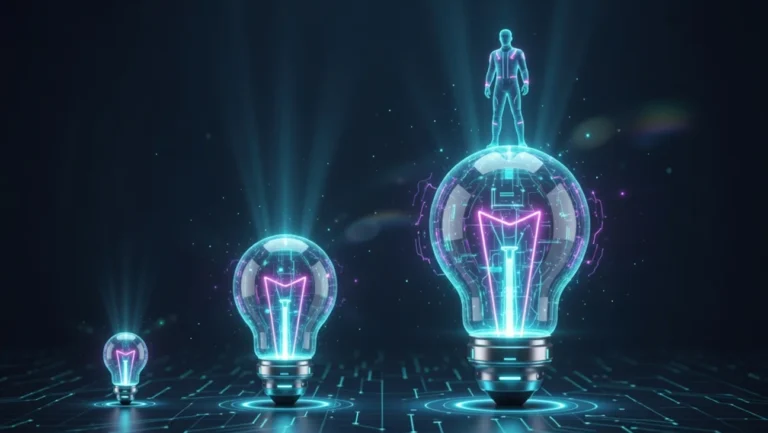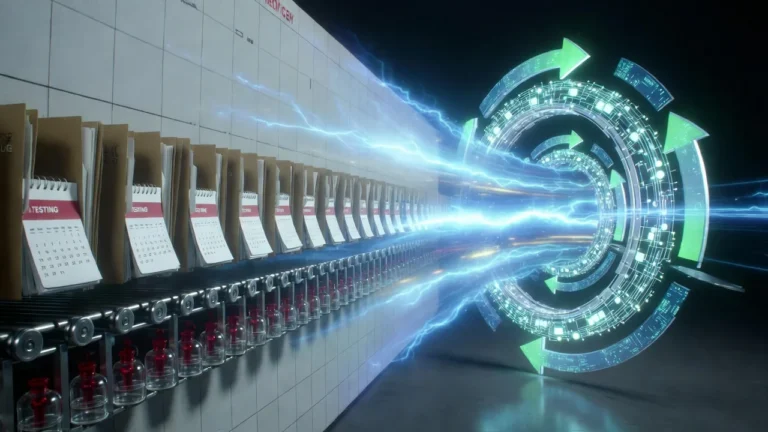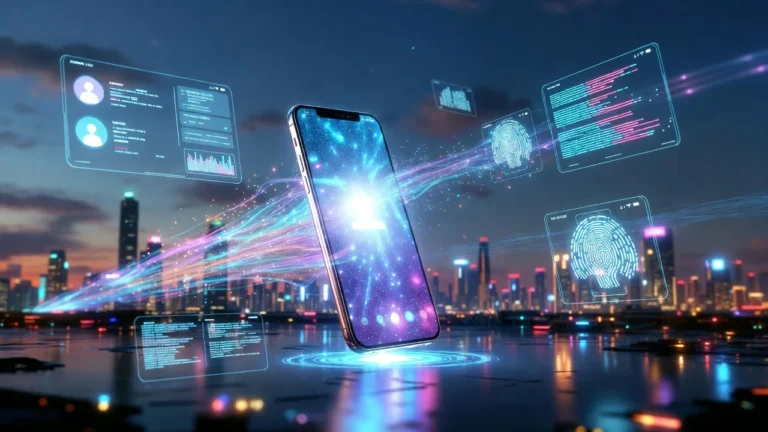
Exploring the Future of AI in Arbitration: Wolters Kluwer Hosts Open Innovation Hackathon
In a groundbreaking move to harness the potential of artificial intelligence (AI) in international arbitration, Wolters Kluwer, a global leader in professional information services, has announced an exciting Open Innovation Hackathon. Organized by the Kluwer Arbitration team in collaboration with the American Arbitration Association – International Centre for Dispute Resolution® (AAA-ICDR®), this event will take place on June 11, 2025, at the prestigious Amare culture and conference center in The Hague, Netherlands. Starting at 9 a.m. CEST, the hackathon aims to explore innovative AI applications that could revolutionize arbitration processes, making them faster, more strategic, and cost-effective.
Bridging Legal Expertise and Technological Innovation
The hackathon is designed to bring together two critical groups: international dispute resolution professionals and technologists from Wolters Kluwer’s Digital eXperience Group (dxg). By uniting legal expertise with cutting-edge technology, participants will collaborate on workflows and real-world AI use cases tailored to address challenges in arbitration. These efforts are expected to streamline processes, reduce costs, and enhance decision-making strategies within the field of dispute resolution.
This event follows the highly anticipated AAA-ICDR Future Dispute Resolution Conference, scheduled for June 10, 2025, at the iconic Peace Palace in The Hague. The conference will gather global leaders in arbitration, mediation, and legal technology to discuss how AI and emerging technologies are reshaping the future of dispute resolution. Together, these events create a unique platform for thought leadership, innovation, and collaboration in the legal sector.
A Legacy of Excellence in Dispute Resolution
The International Centre for Dispute Resolution (ICDR), the international arm of the AAA, is renowned as the largest provider of dispute resolution services worldwide. Since its establishment in 1996, the ICDR has served parties from over 100 countries, leveraging a multilingual team of experts and a roster of more than 725 arbitrators and mediators. With a proven track record in facilitating international dispute resolution proceedings, the ICDR brings invaluable insights and experience to this initiative.
Pioneering the Next Generation of Arbitration Tools
David Bartolone, Vice President and General Manager for the International Group within Wolters Kluwer Legal & Regulatory U.S., emphasized the transformative potential of AI in dispute resolution. “Artificial intelligence holds immense promise to fundamentally reshape the landscape of dispute resolution,” he said. “This hackathon represents a pivotal opportunity to unite the brightest minds in the legal and tech communities, collaboratively charting the future of our industry.”
Similarly, Steve Errick, Chief Development Officer at AAA-ICDR, highlighted the significance of this partnership. “We are thrilled to collaborate with Wolters Kluwer on this forward-thinking initiative,” he stated. “The legal sector stands at an inflection point with AI, and fostering collaboration between practitioners and technologists in a hands-on environment is essential as we develop the next generation of tools to enhance efficiency and accessibility in dispute resolution.”
Why AI Matters in Arbitration
As disputes grow increasingly complex and globalized, traditional arbitration methods face challenges related to time, cost, and resource allocation. AI offers transformative solutions by automating repetitive tasks, analyzing vast datasets, and providing predictive insights to support decision-making. For example, AI-powered tools can assist arbitrators in reviewing case documents, identifying patterns, and generating recommendations, significantly reducing the time required for proceedings.
Moreover, AI has the potential to democratize access to arbitration by lowering barriers to entry for smaller organizations and individuals who may lack the resources to engage in lengthy, expensive disputes. By integrating AI into arbitration workflows, stakeholders can achieve greater transparency, accuracy, and fairness while maintaining the integrity of the process.
A Hands-On Approach to Innovation
The hackathon’s interactive format encourages participants to experiment with practical AI applications in arbitration. Teams will work collaboratively to design prototypes and workflows that address specific pain points in dispute resolution. This hands-on approach not only fosters creativity but also ensures that the resulting solutions are grounded in real-world needs and challenges.
By combining the deep domain expertise of arbitration professionals with the technical prowess of Wolters Kluwer’s dxg team, the hackathon seeks to bridge the gap between theory and practice. The ultimate goal is to develop scalable, AI-driven tools that can be implemented across the arbitration ecosystem, benefiting practitioners, clients, and institutions alike.
Join the Movement Toward Smarter Arbitration
The Open Innovation Hackathon represents a bold step toward reimagining the future of arbitration through AI. As industries worldwide embrace digital transformation, the legal sector must adapt to remain relevant and effective. By fostering collaboration between legal professionals and technologists, Wolters Kluwer and AAA-ICDR are paving the way for a new era of dispute resolution—one that prioritizes efficiency, accessibility, and innovation.
For those interested in staying ahead of the curve in arbitration and legal technology, this event offers a unique opportunity to engage with pioneers in the field. Whether you’re a practitioner, technologist, or industry stakeholder, the insights gained from this hackathon could shape the trajectory of your organization and the broader legal community.





